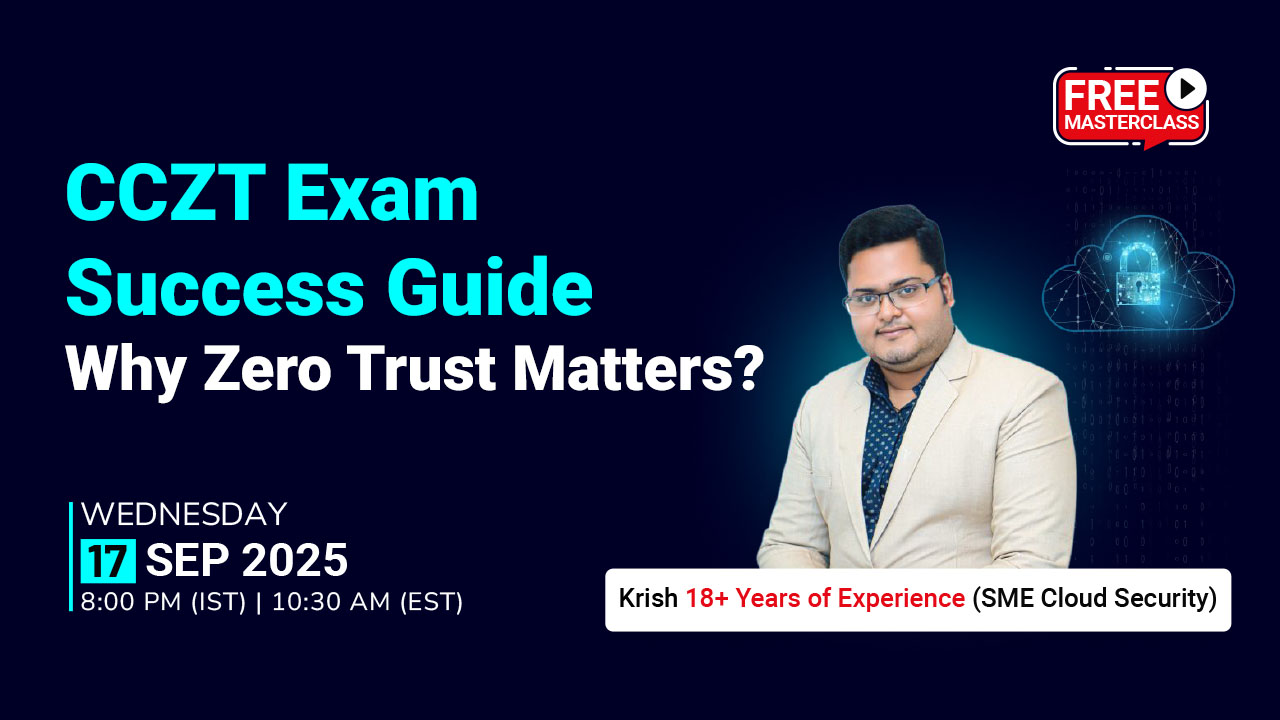Jeff Bezos Phone Hack

iPhones are more secure than Android phones? Think again… Jeff Bezos, the founder, President and Chief Executive officer of Amazon had his iPhone 10 hacked in 2018 and the details are still being revealed.
Any connected device is vulnerable to a variety of hacks and attacks. With smart phones storing all our pictures, different kinds of apps, digital wallets, messages, Whatsapp and numerous other tracking softwares, it is the most vulnerable device with us today.
And once it is hacked, you surrender your entire privacy to unknown individuals. Your entire private and professional life is out in the open by clicking a few buttons. Well, this is exactly what happened to Jeff Bezos, and if you are celebrity like him – you can be guaranteed that all your private data will be leaked all over!
What happened exactly?
- On May 1, 2018, Jeff Bezos received a video of more than 4.4 MB through Whatsapp on his iPhone 10.
- Approximately 24 hours after its installation, this video implanted a malware that apparently siphoned off all his data including pictures and private messages.
- The data usage at the time of siphoning off was close to 29,000 times over his normal data usage!
- Several apps were also being used when the data was leaving the phone
- They were Safari web browser and Apple Mail program
- It is still not clear whether Mr. Bezos opened the video file or not
- Forensics experts state that some malware need not be opened for them to infect the device
- The malware was likely created by a private cyber security firm
- A more thorough analysis of the phone is being done by “jailbreaking” it to study the root file system and find the cause and the root of the attack
- The investigation is only about 50% complete and is ongoing
Mitigating such phone hacks:
We may not all be Jeff Bezos, whose phones would want to be hacked, but mobile vulnerabilities still abound all of us and there are numerous occasions when our personal information is said to have found its way into the “Dark web”. Here are a few ways to mitigate some risks:
- 1. Do not install apps from unknown sources : It is good to always install apps from the Playstore or the Appstore. While there is no guarantee that these will be 100 % malware free, installing an app from unknown sources, will increase the probability of it containing some malicious code that might embed itself onto your device and do the unthinkable.
- 2. Install all updates as and when they are released : Hacking and patching might be a game that is played all the time. No sooner do organizations create a system, that is supposedly 100% safe, hackers think of a smart and devious way to out manoeuvre that.
The only way to stay ahead in this game, is to always install all updates as and when they are released by the vendors and manufacturers. - 3. Beware of malicious links : This advice has been reiterated on several social media sites but nonetheless, it is good to state it again. Most of the times, a device or system is infected due to some malicious links that infiltrate the system.
It is always a good idea to not click on malicious links, attachments and strange videos even if they come from known contacts. Many of the times, a contacts list may have been compromised and their system or device might be sending you the poisonous link. - 4. Public Wi-Fi : Even as it becomes a necessity to use public Wi-Fi when travelling, it is again good to use it sparingly, and for an absolute necessity.
Traffic that passes through the public Wi-Fi networks can be sniffed and snooped upon. Any downloads done via public Wi-Fi is always vulnerable to malicious content which can further infect the device. - 5. Keep eyes and ears open : It is always good to keep an open eye and ear for the current attacks in the Information security space. This will help us in being more knowledgeable and taking remedial steps to contain/prevent attacks.
Have a training requirement on Information security’s best certifications? Do visit us today!






 1800-843-7890 (India)
1800-843-7890 (India)